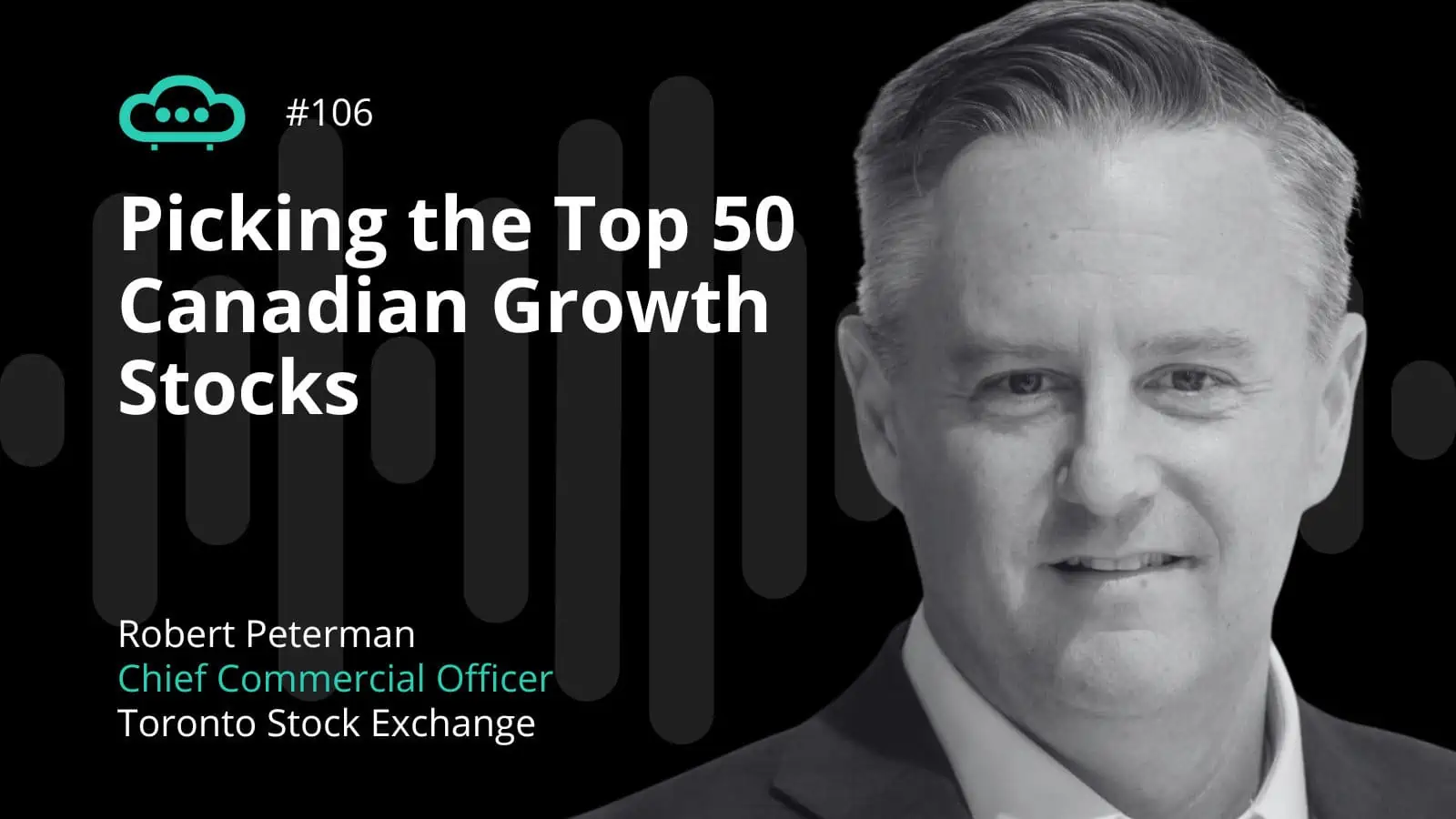Sophie Lund-Yates of Hargreaves Lansdown takes the temperature of the IPO market ahead of the New Year. Will it come back to life in 2024?
It was a challenging year on the IPO front in 2023 amid market turbulence and risk averse investor sentiment. Worrying levels of inflation saw central banks turn on the screws, raising interest rates dramatically and increasing borrowing costs, dulling appetite for growth stocks which saw a number of big IPOs shelved.
Listings when they came, didn’t land elegantly, with Instacart and Arm losing ground after listing in New York. In London there has been a veritable drought of new listings, and negative sentiment was compounded by the CAB Payments debacle It was one of London’s biggest IPOs of the year, but it ended up a turkey after the company filed a profit warning soon after listing. We Soda’s scrapping of its plans to list in London was also a sharp disappointment.
- Zefiro Methane Corp plans to IPO on Cboe Canada this month
- Where will fashion giant Shein choose to list: London or New York?
- What the Reddit IPO tells us about the US tech market
However, the prospects for 2024 appear to be on the up in terms of the pipeline for IPOs. With inflation taking bigger steps down, investors are now eyeing interest rate cuts on the horizon next year, a likelihood that the US Federal Reserve has nodded to.
Although the Bank of England is staying more reticent, markets are also pricing in cuts as early as May. London’s prospects look a little rosier with big names like Walgreens Boots Alliance, thought to be eyeing up the LSE when it hives off and floats the Boots the chemist.
Chinese fast fashion giant Shein and buy now pay later company Klarna are also mulling a London listing. If these names do come through it will come as relief as even in the last few weeks of 2023, London has faced fresh disappointment. The decision by Marex to list in New York was another blow, given that it’s a financial services firm, in a sector London prides itself on supporting.
Will the IPO market bounce back in 2024?
The LSE has also been grappling with falling trading volumes, but hopes are being revived that the IPO market may start to bounce back in 2024 as investors’ nerve returns.
The Nat West share offer, which the government indicated it’s mulling in Jeremy’s Autumn Statement could also be on the cards next year. Ensuring that retail investors and not just institutional investors are included in any offers is super-important going forward as far too many listings in recent years have excluded regular investors from taking part.
However, retail investors should be aware that a period of volatility can follow such launches, so they should ensure they are well-diversified before taking up any offer.
IPOs rumoured for next year on Wall Street
Databricks
There’s a lot of excitement about a Databricks IPO. The cloud-based data storage and software giant was valued at $43bn in September and Nvidia was an early investor.
The artificial intelligence (AI) boom would definitely be a tailwind and should offer a structural growth opportunity. Databricks itself isn’t ignoring the hype, having acquired generative AI company MosaicML for $1.3bn in June. The company is hoping it can integrate this tech into its own products.
The group has about $1bn in annual revenue, with at least $100mn in recurring revenue. So, there’s a lot to like about Databricks. However, the attention around it means the final valuation might end up being too frothy to be attractive.
Fanatics
Fanatics is a global sports merchandising powerhouse, supposedly valued at around $31bn. Interest is building and industry bigwigs have been seen attending investor days recently. Fanatics is also building its exposure to the sports cards market.
Fanatics inhabits a good corner of the market. Sports fans are very loyal, and that can translate into sticky revenue. There are some big questions that will still need answering if Fanatics decides to IPO – one will be valuation. Although the end market is strong, merchandise isn’t the most capital-light of businesses, so understanding the share price-to-earnings ratio will be important.
The Reddit IPO rumour mill has been running for a couple of years now. The group makes its money selling advertising space, as well as premium ad-free subscriptions.
These are like the business models of other social media companies, and when the going is good, it’s a capital light and profitable way of doing business.
Last year, estimates had Reddit advertising revenue at $503mn – a big increase on the year before. The landscape for advertising spending is closely linked to the economy though. If 2024 brings a recession, this could impact the valuation Reddit can get and increase the risks of ups and downs.
Stripe
Stripe is a payment service provider. Operating similarly to PayPal, Stripe lets merchants accept credit and debit cards or other electronic payments. Its offerings are supposed to be more suitable for larger companies, as well as those with a bigger focus on online sales.
Stripe’s already raised billions from new and existing investors, and there’s excitement about the group’s end markets, and it’s growing. The growth in ecommerce is something that Stripe is ready to benefit from, although the valuation of $50bn earlier this year is below the peak seen in 2021.
IPOs and retail offers rumoured for London in 2024
Boots
US based Walgreens Boots Alliance has long been looking to offload the retailer, which is a stalwart of the UK high street. It pulled plans to sell the company 18 months ago as financial markets wobbled, inflation ran rampant and interest rates began to be ratcheted up.
But now it seems that with interest rate cuts on the horizon and calm returning, the plan has been dusted down – instead of a private equity auction, a listing could be on the cards.
Boots has been bending the way the retail winds are blowing by reducing the footprint of its bricks and mortar stores amid the shift to online shopping. Although the boom in e-commerce experienced over the pandemic has waned, volumes shifted in virtual baskets have rebased at a higher level since pre-pandemic times.
Its strategy of delivering more offers on its own brand products, also seems to have been paying off. But conditions are tough on the high street and Boots still clearly has work to do in its digital transformation, which has included drop shipping of third-party brands direct to customers.
The jewel in Boots’ beauty crown is the No.7 skincare range, which is shining bright as its credentials are touted around. Consumer awareness of the Boots brand, with its 174-year history, is high in the UK compared to the US, which is why London makes more sense for a listing.
Klarna
Amid signs the IPO market is being prodded back to life, speculation is mounting that Klarna may look again at launching in London. Buy-now-pay-later is embodied in its business model. While it’s a good way for consumers to manage their cashflow and offers more financial flexibility, there are vulnerable debt concerns about some consumers, which can put these companies in the firing line.
Investors will also need to keep an eye on the regulatory environment. There are concerns that BNPL companies should be doing more to safeguard the financial wellbeing of their customers.
However, there are positives to consider given that software-based companies offer opportunities and longer-term, buy-later products could see strong demand.
Given that we are still set to be in high interest rates territory for an extended period, it’s not looking likely that Klarna will see a big revival of fortunes in terms of its valuation. Although the latest funding round did see a small uplift in estimations, it comes after a very sharp fall last summer, which means Klarna’s valuation has fallen 83% from its perceived level in just a couple of years.
Shein
Shein is another big IPO which is rumoured to be a potential for London this year. Shein has come under significant criticism for the huge volumes of cheap clothes it produces, the lack of transparency in its supply chain and its appropriation of other designers’ work. Given these concerns there may well be wariness among investors who put ESG in their priority list if the firm does list in London.
NatWest retail share offer
While not an IPO, Chancellor Jeremy Hunt said in his 2023 autumn statement the UK government would investigate selling its 38% ownership of NatWest. Part of this plan could well be a potential share sale to retail investors in the next 12 months.
The plans would spell an end to the government’s intervention of rescuing the bank during the 2008 financial crisis.
However, the government will be mindful of market conditions and getting value for money for taxpayers, although that could prove subjective. Between 2008 and 2009, it cost the government £45.5bn to bail out the then Royal Bank of Scotland. Previous reports suggest this was at an average 502p per share, much higher than the current price.
The government hasn’t yet shared details of how a NatWest share sale would work. But it’s worth looking at a similar scheme which was planned, and later dropped, for Lloyds Bank.
Speculation at the time was that people would’ve had the option to apply for between £250 and £10,000 worth of shares. A discount of at least five percent to the market price would’ve then applied. If held for a year or more, then a bonus of one extra share for every 10 would be awarded, capped at £200 worth of bonus shares per applicant.
What all this would’ve meant for existing shareholders was never specified. There’s a chance retail investors could have been able to sell their existing shares, then reinvest to get the bonus or discount. So, the government would’ve had to consider whether the share sale should run alongside another form of rights issue with a discount to reward holders. Something similar could be considered for the NatWest sale, but there’s no guarantee.












